

Tao Te Ching
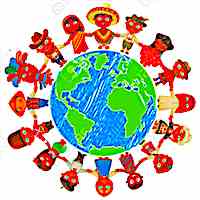
Culture
Birds sing the same songs over and over, generation to generation. As a force of evolutionary conservatism most animals have a narrow range of sounds narrowly repeated again and again. Humans feel independent and unique yet like most animal species, think and repeat the same thoughts and beliefs as their parents, their ancestors, and name this their cultures. Evolutionary change makers however say something new and as a consequence must face antipathy and often persecution from the herd committed to the status quo, against change, and afraid of any new notes. This inherited culture becomes both a building block enabling us to see farther, innovate beyond, and further evolve as well as a conceptual chain that prevents us from going beyond. Studying and learning from different cultures and different wisdom traditions help break these golden chains that ensnare us to the words over the sense within the philosophy and practices of our favorite beliefs and practices
When an individual gets feedback that they’re making mistakes, when people get abusive and violent toward them, when their safety, security, and lifestyle are threatened; they most often find a serious motivation for change and prioritizes that above almost everything else. Nations, civilizations, and cultures though seem to often lack even this modicum of common sense. For example, much of American culture has gotten lazy. To a large extent becoming a country of Homer Simpsons. Each generation needs to translate the wisdom and skillful strategies of the past into modern terms and this kind of laziness prevents that from happening.
Quotes (77)
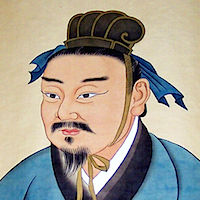
“The god-given is called Nature; to follow that nature is called Tao; to cultivate the Tao is called Culture.”
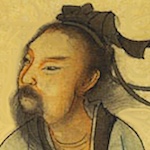
“Traditions and customs are set by people. Therefore what people regard as 'truth' tends to be a subjective matter.”

“Politeness is the main ingredient of culture — a kind of witchery that wins regard as surely as discourtesy gains opposition.”
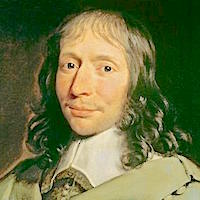
“Custom is the tyrant from which nothing frees us... But being compelled to live under its foolish laws, the wise man is never the first to follow nor the last to keep”
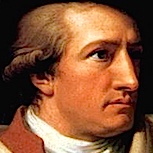
“No blessing is equal to the blessings of work. To know and practice a craft lends greater culture than half-knowledge, a hundred times over.”

“National hatred is something peculiar. You will always find it strongest and most violent where there is the lowest degree of culture.”

“The life of the mind is not only a protection against boredom; it also wards of the pernicious effects of boredom; it keeps us from bad company, from the many dangers, misfortunes, losses and extravagances which the man who places his happiness entirely n the objective world is sure to encounter.”
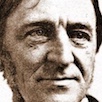
“Culture opens the sense of beauty... A cultivated man—wise to know and bold to perform—is the end to which nature works.”
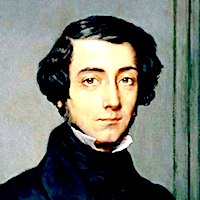
“Nothing is more necessary to the culture of the higher sciences, or of the more elevated departments of science, than meditation”

“The despotism of custom is everywhere standing up to human advancement... He who does anything because it is the custom, makes no choice.”
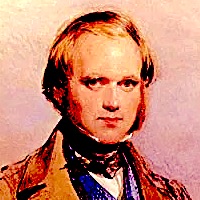
“The highest possible stage in moral culture is when we recognize that we ought to control our thoughts.”

“Habit is habit, and not to be thrown out of the window by any man, but coaxed downstairs a step at a time.”
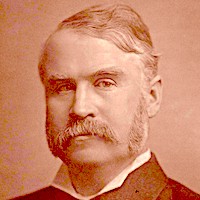
“If you're anxious for to shine in the high aesthetic line as a man of culture rare,
You must get up all the germs of the transcendental terms, and plant them everywhere.”
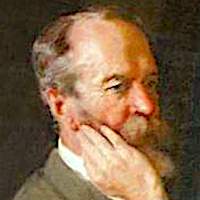
“Habit is the enormous flywheel of society, its most precious conservative agent. There is no more miserable human being than one in whom nothing is habitual but indecision.”
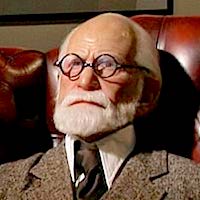
“Sublimation of instinct is an especially conspicuous feature of cultural evolution… civilization is built up on renunciation of instinctual gratifications… This ‘cultural privation’ dominates the whole field of social relations and is the cause of the antagonism against which all civilization has to fight.”
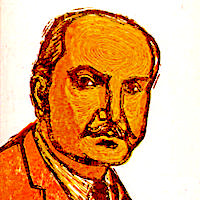
“Great thoughts require a great mind... Culture is on the horns of this dilemma: if profound and noble , it must remain rare if common, it must become mean.”
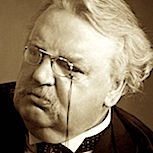
“Tradition means giving votes to the most obscure of all classes—our ancestors. It is the democracy of the dead. Tradition refuses to submit to the small and arrogant oligarchy of those who merely happen to be walking around.”
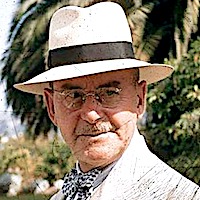
“Nor is it possible to devote oneself to culture and declare that one is 'not interested' in politics.”

“Introverts are educators and promoters of culture who show and value the interior life which is painfully wanting in our civilization.”

“opposites always balance on the scales – a sign of high culture. One-sidedness, though it lends momentum, is a mark of barbarism.”

“Human life is reduced to real suffering, to hell, only when two ages, two cultures and religions overlap.”
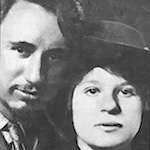
“As the sanity of the individual lies in the continuity of his memories, so the sanity of a group lies in the continuity of its traditions; in either case, a break in the chain invites a neurotic reaction... To break sharply with the past is to court the madness that may follow the shock”
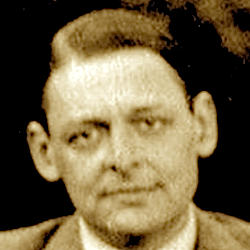
“Culture is the one thing that we cannot deliberately aim at. It is the product of a variety of more or less harmonious activities, each pursued for its own sake.”
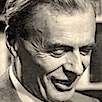
“Back to culture. Yes, actually to culture. You can’t consume much if you sit still and read books.”
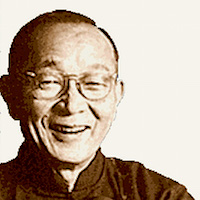
“One of the most biting satirists of Chinese culture... Lusin is God to the leftist writers of China today... [he] represents the Literature of Revolt. But this is in itself a sign of life... China needed a man like Lusin to wake the millions up from the self-complacency and lethargy and the accumulated inertia of 4000 years.”

“we are being conditioned by society, by the culture we live in… there is nothing holy, or divine, or eternal about culture.”

“That millions of people share the same forms of mental pathology does not make these people sane.”
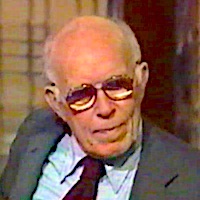
“Social evolution proceeds most rapidly when different cultures come into close contact with each other and thus can exchange information and goods, even though each retains its originality.”

“Our culture made a virtue of living only as extroverts. We discouraged the inner journey, the quest for a center. So we lost our center and have to find it again.”
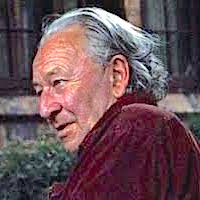
“In the transmission of human culture, people always attempt to replicate, to pass on to the next generation the skills and values of the parents, but the attempt always fails because cultural transmission is geared to learning, not DNA.”
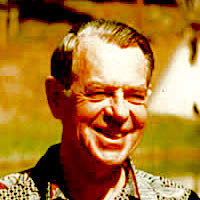
“Civilizations are grounded on myth [and] myths are so intimately bound to the culture, time, and place that unless the symbols, the metaphors, are kept alive by constant recreation through the arts, the life just slips away from them.”

“We find a shamanic aspect in practically all the hunting cultures because they’re individual… hunters are trained in individual skills that require very special talents and abilities. When the big emphasis became settled village life, the shaman lost power… The shamans were reduce to a kind of clown society. They are magicians of a special power, but their power is now subordinate to a larger society.”
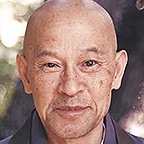
“Instead of only criticizing your culture, you should devote your mind and body to practicing this simple way. Then society and culture will grow out of you.”

“If it were possible adequately to present the whole of a culture, stressing every aspect exactly as appears in the culture itself, no single detail would appear bizarre or strange or arbitrary to the reader, but rather the details would all appear natural and reasonable as they do to the natives who have lived all their lives within the culture.”
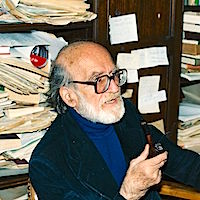
“To believe that I could—at 23—sacrifice history and culture for 'the Absolute' was further proof that I had not understood India. My vocation was culture, not sainthood.”

“The amount of genuine leisure in a society is generally in inverse proportion to the amount of labor-saving machinery it employs.”
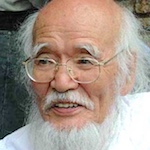
“The agriculture here arose to produce meat and wine... an agriculture for the royalty and clergy. That is why the earth is poor and barren today. When agriculture takes a wrong turn, culture also goes away.”

“Without culture, and the relative freedom it implies, society, even when perfect, is but a jungle. This is why any authentic creation is a gift to the future.”
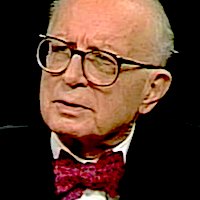
“Among the great creators, the great spokesmen of ethical ideals, none is more miraculous than Confucius himself. He claimed no divine source for his teachings nor any inspiration not open to everyone… he proclaimed no Commandments and it is easy to see him as an ancient Don Quixote. But his lifelong, unsuccessful tilting against the evils of the chaotic Chinese states of his day somehow awakened his people and eventually commanded two thousand years of Chinese culture.”
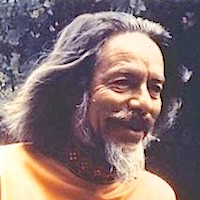
“Respect ethical tradition not because is is sacrosanct but because it is the only way of being in communication with others.”

“one of the most precious gifts of Asia to the world, the origins of Zen are as much Taoist as Buddhist... a way and a view of life which does not belong to any of the formal categories of modern Western thought... Zen may be regarded as the fulfillment of long traditions of Indian and Chinese culture”

“when we have Eros dominated by reason instead of Eros expressing itself with reason, we create a culture this is simply against life”
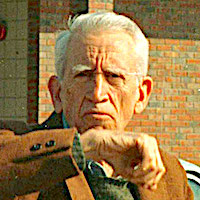
“The miracle of Chinese and Japanese verse is that one pure poet's voice is absolutely the same as another's and at once absolutely distinctive and different.”
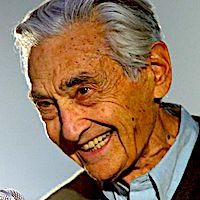
“The idea of saviors has been built into the entire culture. We have learned to look to stars, leaders, experts in every field, thus surrendering our own strength, demeaning our own ability, obliterating our own selves.”
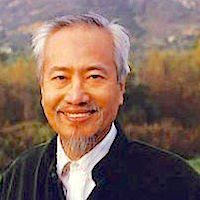
“All culture is based on the past. For example... Islam is the reediting of Judaism and Christianity.”
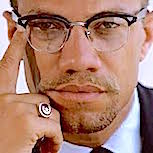
“Culture is simply how one lives and is connected to history by habit.”
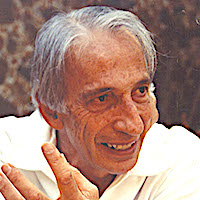
“The quality of a society and of its culture will depend on the status of its unemployed.”

“Care for what seems unimportant… Having replaced instinct with language, society, and culture, we are the only species that depends on teaching and learning. We aren’t human without them… But are they the occupations of the rich and mighty?”
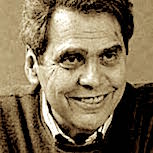
“When a population becomes distracted by trivia, when cultural life is redefined as a perpetual round of entertainments, when serious public conversation becomes a form of baby-talk, when, in short, a people become an audience and their public business a vaudeville act, then a nation finds itself at risk; a culture-death is a clear possibility.”
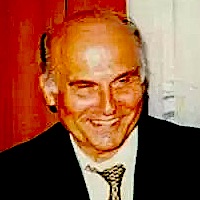
“Man not only creates culture, inhabits it, he carries it around within him—man is culture... Tell me how you dress, how you act, what are your habits, which gods you honor—and I will tell you who you are.”
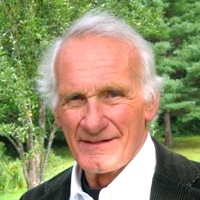
“Culture has no boundaries. Anyone can be a participant in a culture—anywhere and at any time... a society without cuture would be too drab and lifeless to be endured.”
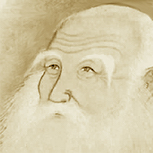
“When we write down our thoughts, they become solid which makes them less creative but more secure as a foundation for thinking further and deeper. The same principle may apply to culture and civilization—the philosophies and wisdom of the past makes a strong foundation but also a ‘golden chain’ that prevents creativity and evolution. Like a tall building with a firm and strong base but an open and ever-changing top.”

“American culture is going down the drain… an enormous degeneration… a culture that has no spiritual center, a culture that has money and education, but no sense of being at peace with the world, no sense of purpose in life.”

“It is the time where we partner with Creation in the creation of ourselves, in the restoration of the biosphere, the regenesis of society and in the assuming of a new type of culture; the culture of Kindness.”
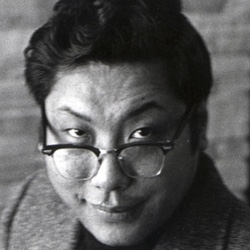
“It is necessary that the student take great pride in his country, in his culture... However, he should not, from the vantage point of this pride, look down on other countries as barbaric. The cultures and traditions of other countries should be seen as adornments of the culture and traditions of his own country and he should study them wholeheartedly.”
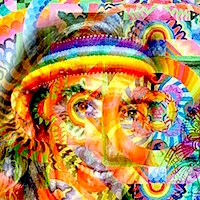
“Not only is vision, as an intuitive, purpose insight, the basis of culture, but it is also the only real agent involved in the continuing process of cultural transformation.”

“It wasn't that I was anti-popular culture or anything and I had no ambitions to stir things up. i just thought of popular culture as lame as hell and a big trick. It was like the unbroken sea of frost that lay outside the window and you had to have awkward footgear to walk on it.”
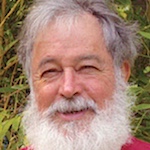
“This recipe for long life has been repeated in every civilized culture, and yet it has forever fallen on deaf ears.”

“Sexuality and eroticism are the intricate intersection of nature and culture. Feminists grossly oversimplify the problem of sex when they reduce it a matter of social convention: readjust society, eliminate sexual inequality, purify sex roles, and happiness and harmony will reign. Here feminism, like all liberal movements of the past two hundred years, is heir to Rousseau.”
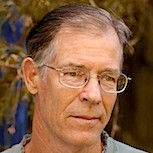
“People adhere to ideas that explain and offer psychological compensation for their position in the class system of their time… People thus very often act against their own interests… It happens in all class systems, all cultures in recorded history, since the first agrarian and urban civilizations.”
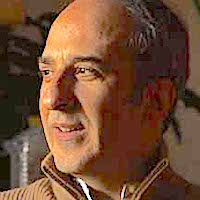
“civilizations, cultures are organisms seeded (seeds = teachings) from another unseen world and planted”
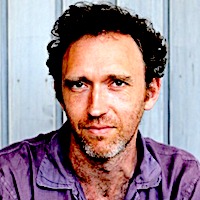
“For more than 2,000 years there has been a long war against pleasure... Carpe diem hedonism was far more than the pursuit of sensory pleasures: it was a subversive political act with the power to reshape the cultural landscape.”

“The pursuit of erotic pleasure has been a powerful force for social equality and cultural transformation [and]—perhaps surprisingly— the place to begin exploring this neglected virtue of sexual hedonism is... in the apparently prim and proper Victorian era... We love to depict the Victorians as prudish moralists who would blanche at the mention of sexual pleasure... but it is far from the truth.”

“until mindfulness becomes more explicit in stressing an ethical vision, it will serve to sustain our culture of self-interest, or at least fail to mount any serious challenge to it.”
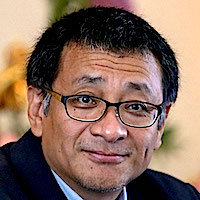
“True wisdom is free of the dramas of culture or religion and should bring us only a sense of peace and happiness.”
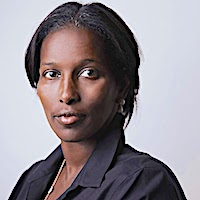
“In the real world, equal respect for all cultures doesn't translate into a rich mosaic of colorful and proud peoples interacting peacefully while maintaining a delightful diversity of food and craftwork. It translates into closed pockets of oppression, ignorance, and abuse.”

“Multiculturalism should not mean that we tolerate another culture’s intolerance. If we do in fact support diversity, women’s rights, and gay rights, then we cannot in good conscience give Islam a free pass on the grounds of multicultural sensitivity.”

“We've succeeded as a species because of our ability to form cultures—groups of people who come together around a common set of values and beliefs.”
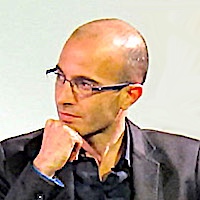 “Biology enables, Culture forbids. ”
“Biology enables, Culture forbids. ” 
“The transition from many small cultures to a few large cultures and finally to a single global society was probably an inevitable result of the dynamics of human history.”
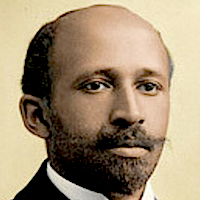
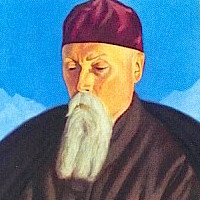

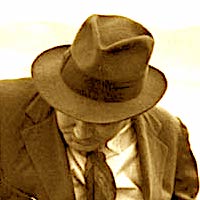

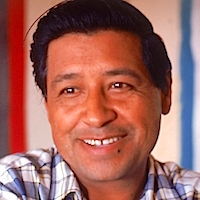
Comments (0)